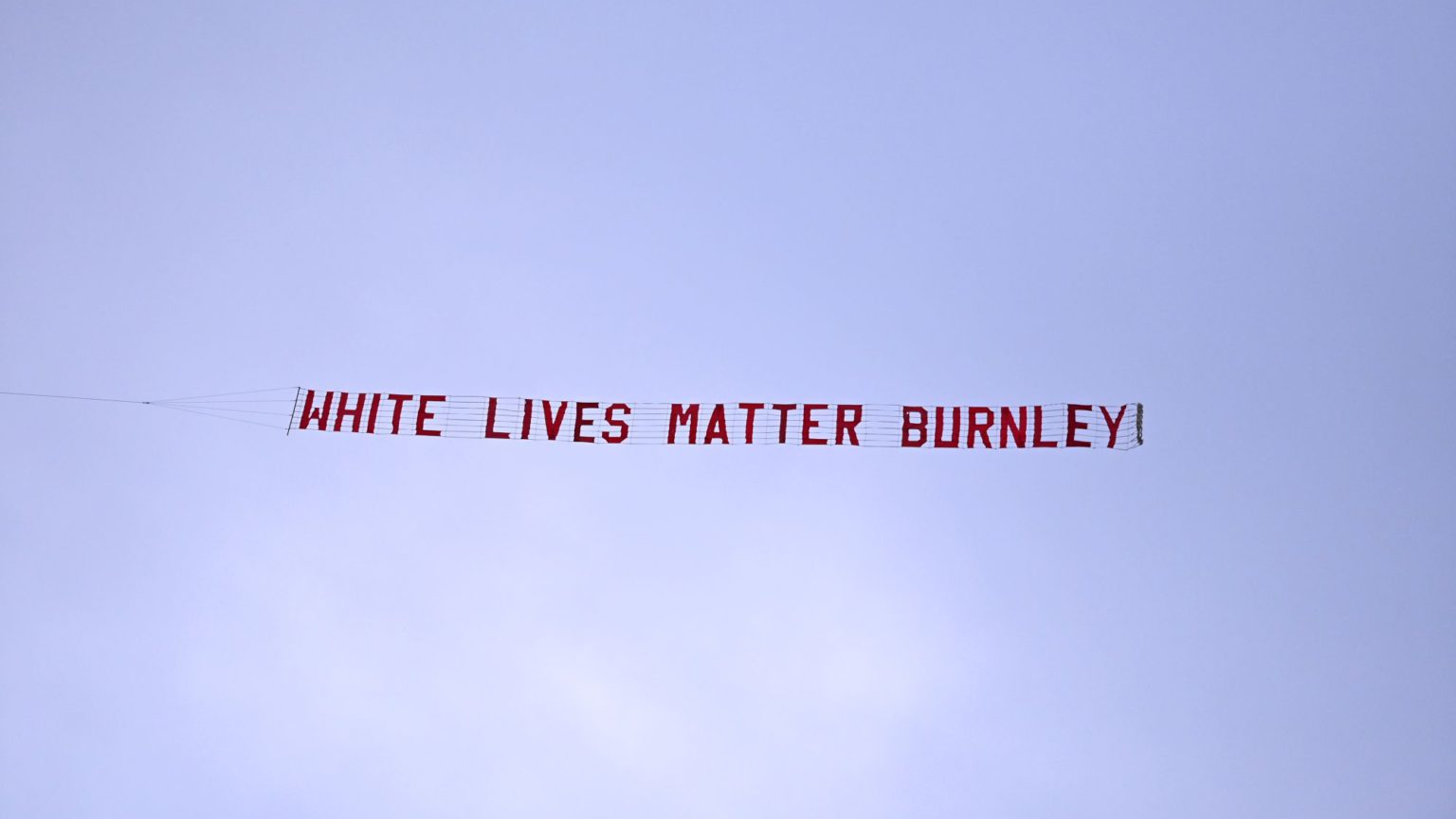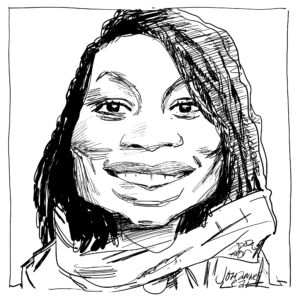The grim re-emergence of white identity politics
Left identity politics has re-racialised society. A reaction was inevitable.

White identity politics has its roots in notions of white racial superiority and hierarchies of racial taxonomies that date back to the birth of the transatlantic slave trade and earlier. These ideas were largely and fortunately defeated, as the birth and popularity of universalism, humanism and developments in science pushed forward progressive ideals about human beings, exposing and shattering the concepts of innate racial difference and superiority, and championing the individual.
But in recent years we have witnessed the gradual erosion of universalist ideals, in favour of multiculturalism and race-based identity politics, where people are compelled, once again, to view and categorise one another not as individuals, with unique minds and experiences, but as monolithic groups, imbued with and defined by certain characteristics. Unfortunately, this development has consequently provided a new vehicle for far-right groups who seek to coalesce around and elevate whiteness as an identity. It provides a new social justification for racial thinking, which can gain traction by framing whiteness as an ‘oppressed’ identity that is being demonised and is under threat by an asymmetric status quo that favours ethnic minorities, rather than British people as a whole.
In response to the racialised climate created by both left and right, many decent people have felt forced to take sides, as a defensive mechanism, as they have seen government and the police failing to deal with freedom of speech, social cohesion and law-and-order issues that have arisen from protests regarding racial politics. Slogans like ‘It’s okay to be white’ and ‘White Lives Matter’, as well as an increase in the expressed grievance that white people are being treated unfairly because of the colour of their skin, have now sprung to greater prominence.
White identitarians are aided in all this by the hypocrisies and double standards of mainstream society, particularly in relation to freedom of speech.
The Burnley fan who flew a ‘White Lives Matter’ banner above the Etihad Stadium in response to the Black Lives Matter demonstrations was sacked from his job at an engineering firm. Meanwhile, a Cambridge academic, Priyamvada Gopal, not only kept her job, but received a promotion, after stating that ‘White lives don’t matter’ on her Twitter account this week.
Not everyone knows, or has to know, the complexities and nuances of race-related matters in Britain. ‘White lives matter’, taken literally, will strike many as an innocuous statement. Therefore, at a glance, this discrepancy in attitudes towards statements made by people of different races will be interpreted as unfair treatment based on race. This perception and reality will, understandably, breed resentment and division. If free speech is applied differently to different people, it’s not free speech.
The re-emergence of white identity politics cannot be explained by a random uptick in racialised thinking among white people. Nor can it be explained by the suggestion that white people have ‘always’ thought in this way, but are now feeling emboldened to express it. In truth, modern ‘social justice’ rhetoric, which hyper-racialises society, provides perfect cover and fertile ground for white identitarianism. In fact, any form of identity politics inevitably produces – and actually requires for its own existence – its opposite, as people are encouraged to define themselves by racial categories.
But it’s also deeper than that. The current social-justice narrative of white privilege and ‘whiteness’ has often veered into racial demonisation. It purports that white people and Western society more broadly are a unique evil in the world, that whiteness contains an original sin that is irredeemably tainted with racism and privilege. It suggests that we must treat one another differently based on race, that white people must ‘educate themselves’ on racism and ‘give up space’ for ethnic minorities, and that different races can never truly understand one another. People are being encouraged not to trust one another; to put each other in boxes, and to assume ‘hidden’ racial motives.
The danger in all this is that these narratives find common ground with far-right extremists who seek to exploit tensions for political gain. It can veer into an Oppression Olympics, one that isn’t defined by people’s genuine experiences of victimisation but by innate characteristics. White people at the bottom of society, who have been treated unfairly for a variety of reasons, begin to resent the ‘oppressor’ role ascribed to them. One response this can provoke is to make people feel forced into taking sides within this racialised perspective, further perpetuating the cycle of racial divisions.
The Black Lives Matter protests, which broke lockdown and sometimes turned to violence, were largely praised, and even joined in with, by the police. Whereas a counter protest, attended by largely white football supporters (and not all white), was widely condemned and derided. The mecia can see no negatives in the BLM protests – invariably reporting them as being ‘peaceful’, despite physical attacks on police and criminal damage to public monuments. Meanwhile, that ‘white’ counter protest was described only in terms of ‘far-right thuggery’, which was a feature of, but by no means the defining about that counter-protest.
The double standards here are evident. For the media, this seems to be an exercise in ‘nudging’ the viewing public towards a ‘virtuous’ anti-racist viewpoint. But this deliberate one-sidedness will rightfully annoy many decent non-racist people (the majority), and provoke the margins occupied by the genuine far right (however tiny this group is).
Many argue that the identitarian right and the identitarian left cannot be compared, due to their different political goals. One at least has its heart in the right place, goes the argument. But any ideology risks developing into a particularly pathological form. In addition, the identitarian right is currently comprised of a small fringe who are widely ridiculed and looked upon with disdain, whereas the identitarian left forms the ideological basis of much of the cultural elite, leveraging and wielding far more power and influence over society. Both racialised ideologies must not only be resisted, but must also be exposed for their destructive and poisonous consequences.
We are witnessing a retreat into racial tribalism. We desperately need a message of unity and common humanity. White lives need not be pitted against black lives, or any life for that matter. It’s time that we overcame the concept of race altogether. We are perpetuating racial divisions rather than reducing them. We cannot expect people to tolerate differential treatment indefinitely – a reaction is inevitable.
Inaya Folarin Iman is a spiked columnist.
Picture by: Getty.
To enquire about republishing spiked’s content, a right to reply or to request a correction, please contact the managing editor, Viv Regan.









Comments
Want to join the conversation?
Only spiked supporters and patrons, who donate regularly to us, can comment on our articles.